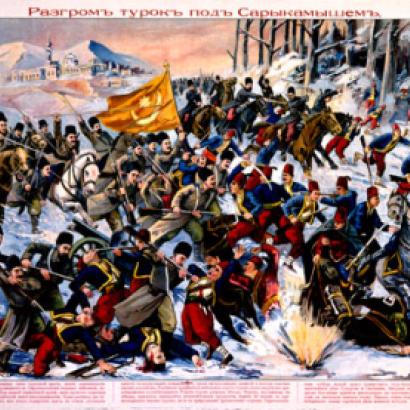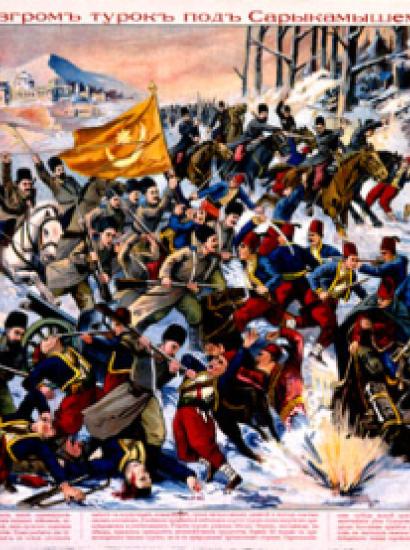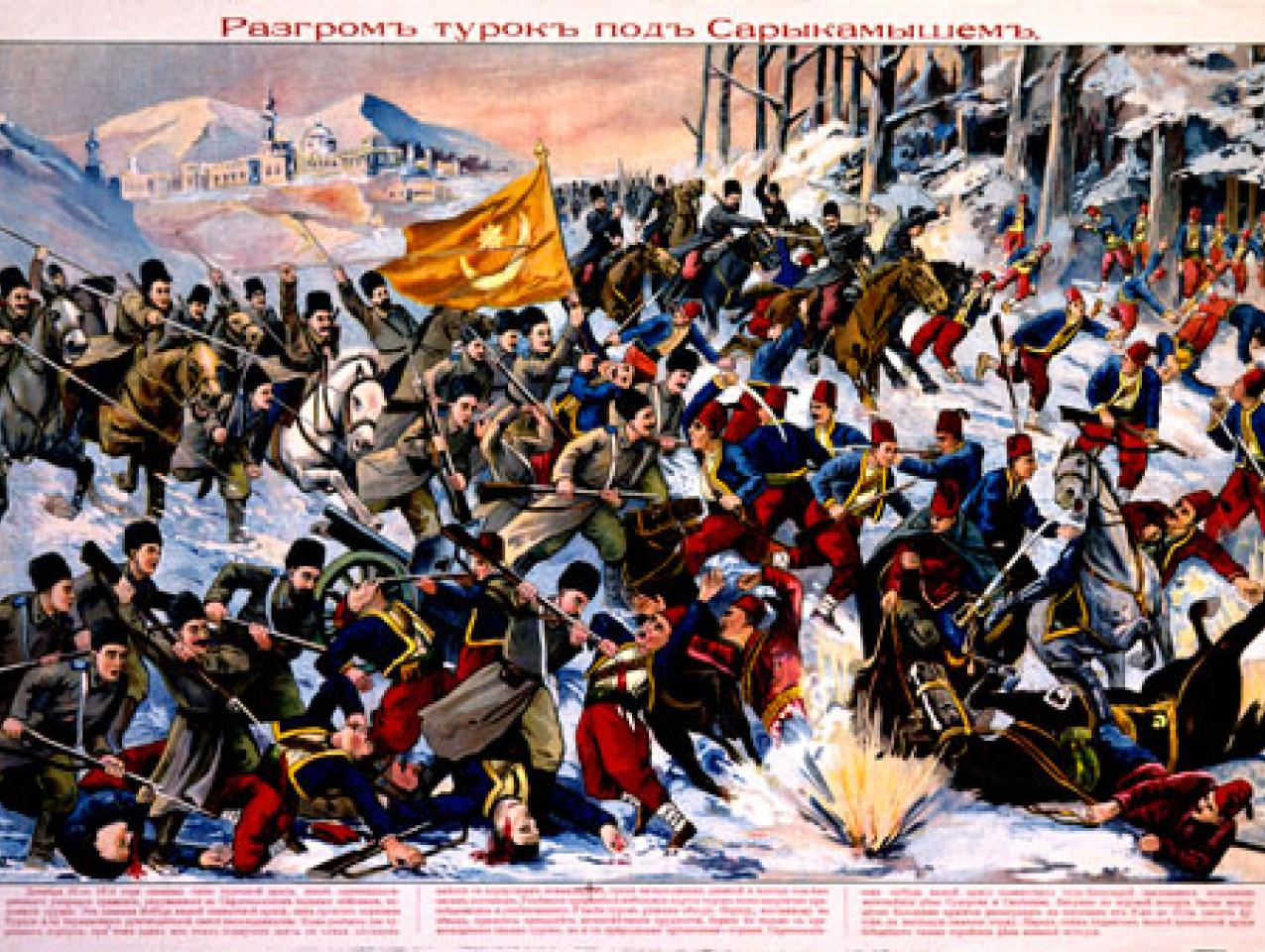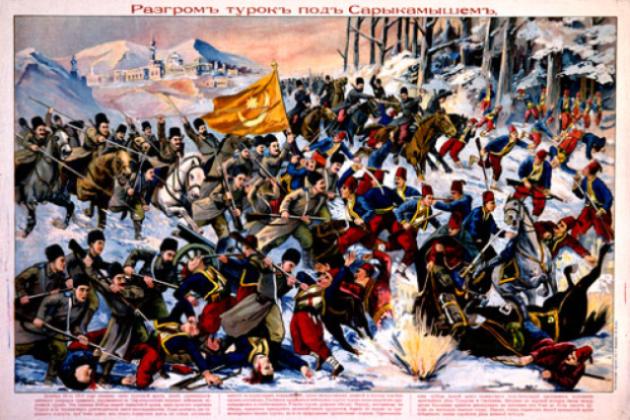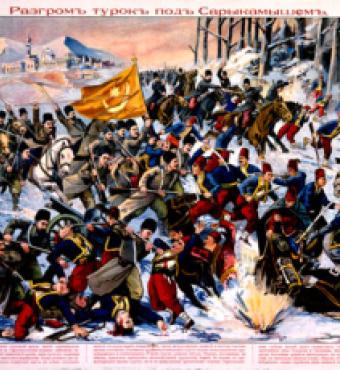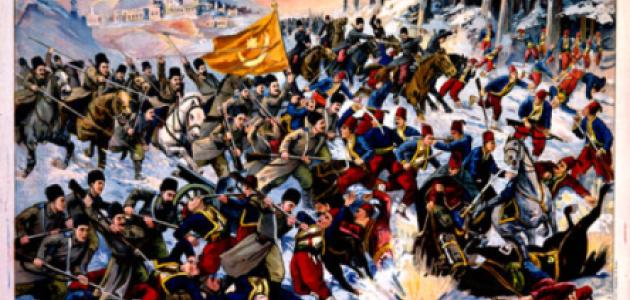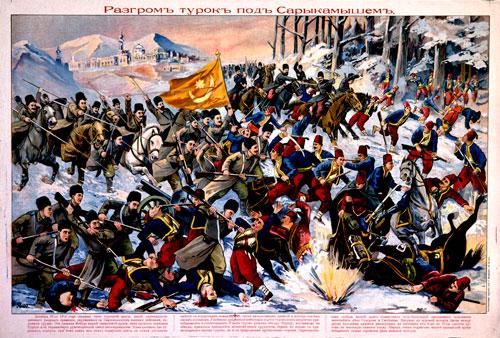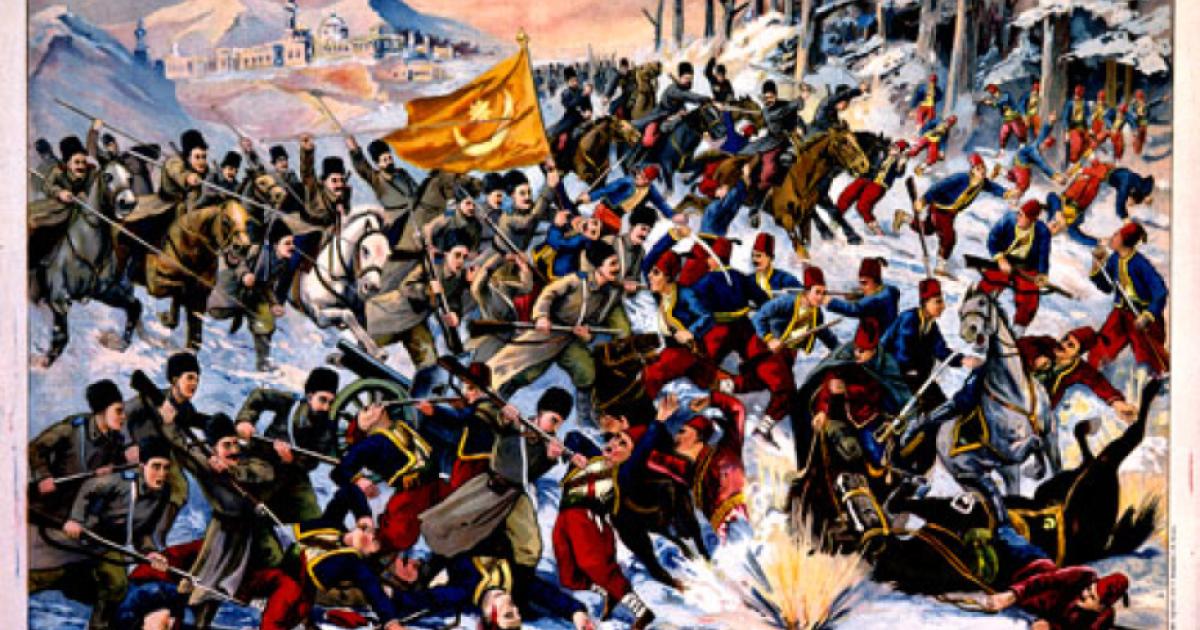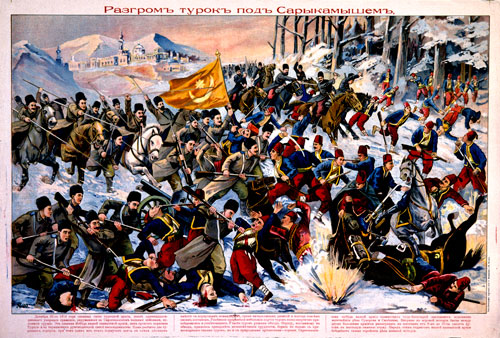
The Republic of Turkey is geographically, politically, and culturally, an odd-looking member in an alliance known as the North Atlantic Treaty Organization. Turkey has a long coastline washed by the Black Sea, the Sea of Marmara, the Aegean Sea, and the Mediterranean, but it is hundreds of miles from the Atlantic. Turkish democracy for most of NATO’s history could best be described as an aspiration rather than a reality. Military coups, suppression of religious and ethnic minorities, and strict limits on free speech were the norm rather than the exception for most of Turkey’s modern history. Even now there are wide gaps between freedom as understood in most of the alliance and governance in Turkey. And of course Turkey, despite its formal commitment to a Jacobin form of aggressive secularism in the Kemalist period, was the only Muslim-majority nation in an alliance composed of Christian or, as time went on, post-Christian countries.
Despite these problems, and despite frequent flare-ups of tension between Turkey and another NATO member (Greece), Turkey remained firmly committed to NATO and the western alliance throughout the Cold War. Fear of the Soviet Union ensured that Turkey would look westward for aid, and as a way of demonstrating its solidarity with Washington, Turkey sent troops as far afield as Korea during the conflict there.
For Kemalist Turkey, NATO was not just a military alliance. It was an expression of the modernizing, westernizing orientation of the Kemalist republic. Ataturk’s republic saw its future in joining the West; membership in NATO, like the hoped-for membership in the European Union, was a way for Turkey to escape the risks, divisions, and backwardness associated with the Middle East and to become a member in good standing of a club of advanced industrial powers who shaped the world.
With the collapse of the Soviet Union and the fall of the Kemalist republic, a new Turkey had to make its way in a new world. The rise of the AKP broke the Kemalist mold that had shaped modern Turkey. Turkish leaders and commentators began to speak of “neo-Ottomanism,” meaning, among other things, a shift from viewing Turkey as a western-oriented power on the periphery of the West to Turkey as the central power in the geographic region surrounding Istanbul. (One could call this neo-Byzantine as well as neo-Ottoman; it is the dream of a power center in the Eastern Mediterranean world that can defy pressure from Moscow, the West, and Iran.)
Prime Minister Erdogan’s neo-Ottoman fling began as a triumph and ended in tears; three years of frenetic activity in the Levant left Turkey with few gains–and also brought home the bitter truth that Turkish engagement in the religious politics of the region exacerbates instability at home. Turkey’s Alevi minority resents the aggressive Sunnism that provided Erdogan’s ideological link to Arab groups like the Muslim Brotherhood, and Turkey’s internal Kurdish question becomes more difficult as an eastward-looking Turkey gets engaged with Kurdish movements and governments in neighboring countries.
Other factors complicate Turkey’s quest for an independent, major power role in the neighborhood. The resurgence of Russian military power, however limited its consequences in Eurasia as a whole, weigh more heavily on Turkey than on most other powers. Long-term access to the ex-Soviet naval bases in Crimea, for example, means that Russia will remain a formidable Black Sea power. More, Russian success at taming Georgia and bringing Armenia into its nascent customs union forces Turkey into a defensive posture and sharply limits its options in the Caucasus region.
Turkey must also worry about the prospective development of closer relations between Israel, Russia, and Greece. Such an alliance would serve Russia’s interest in controlling as much of Europe’s hydrocarbon supply as possible; for Greece and the Greek Cypriots, it is an opportunity to escape their diplomatic and political isolation as the “bad boys” of the EU while improving their hand against their traditional Turkish opponents.
Erdogan’s neo-Ottoman failure is not the first Turkish setback since the Cold War. An earlier, Kemalist vision saw the collapse of the USSR as opening the door to a Turkish surge in the culturally and linguistically related regions of Central Asia. Heady visions of a pan-Turkic revival swirled through late-Kemalist Ankara until reality intruded. Turkey lacked the geopolitical and economic heft to fight Russia and China in Central Asia, and its once-grand ambitions have had to be scaled back.
The Turks must face the unhappy reality that their Byzantine predecessors learned to their chagrin: Constantinople can no longer be the center of its own world. Turkey cannot thrive without allies and its foreign policy must be based on choosing alliances rather than on carving out a great power position of its own.
This does not mean that Turkey is inevitably going to choose a western orientation. Russia, Iran, and perhaps one day India or China offer alternative paths for Turkish foreign policy. But Erdogan’s neo-Ottomanism missed one of the major lessons of Ottoman history. In the 19th century, the Ottomans, no longer able to stave off outside pressure without external allies, repeatedly turned to an alliance with the western maritime powers. Despite the ups and downs of the relationship, the British and their sometime French allies were more reliable partners for the last Sultans than any of the alternatives.
The Young Turks reversed the foreign policy of Abdulhamid II and sided with Germany rather than Britain in 1914. The result was catastrophic and led to the breakup of the empire and almost to the destruction of Turkey. Turkey’s neutrality in World War II and its firm adhesion to NATO afterwards were less a departure from late Ottoman policy than a return to it. Ataturk understood that once it had divested itself of its imperial, non-Turkish territories, Turkey had little to fear and much to gain from an alliance with distant, stability-seeking maritime powers.
Nothing is certain in international politics, but it seems reasonably likely that when the dust settles in Ankara once again, Turkey is likely to feel more secure with a good relationship with the maritime West.







